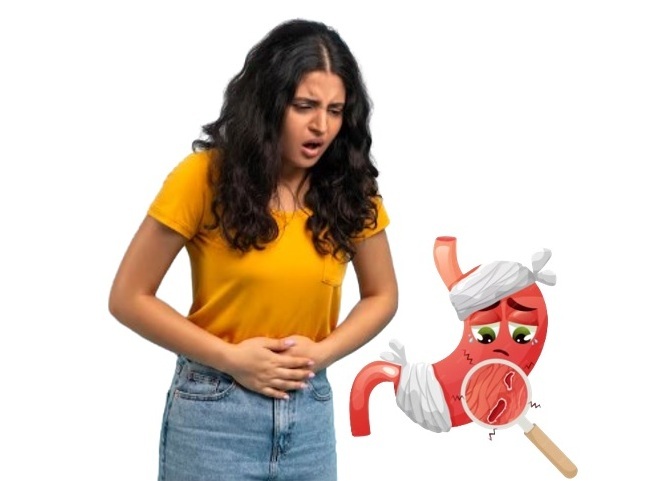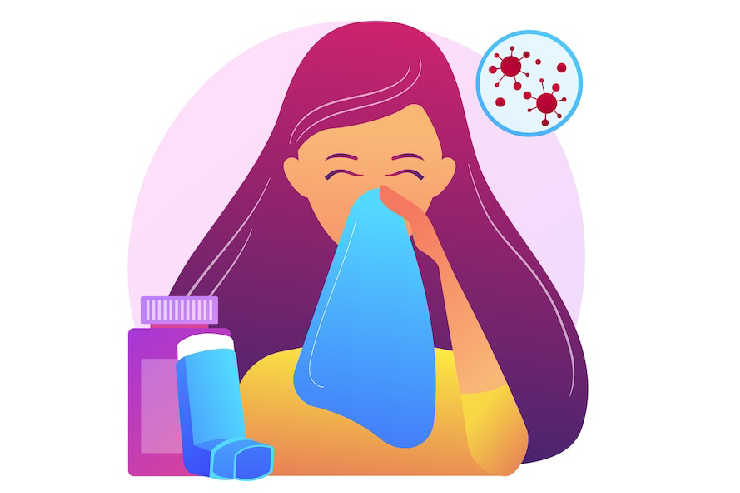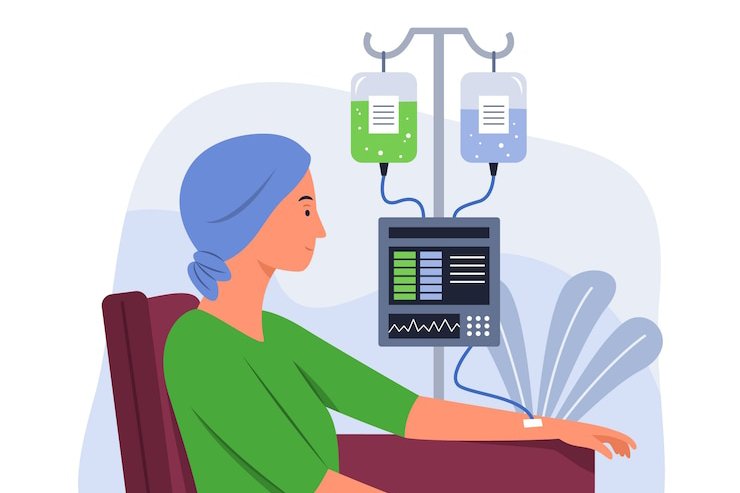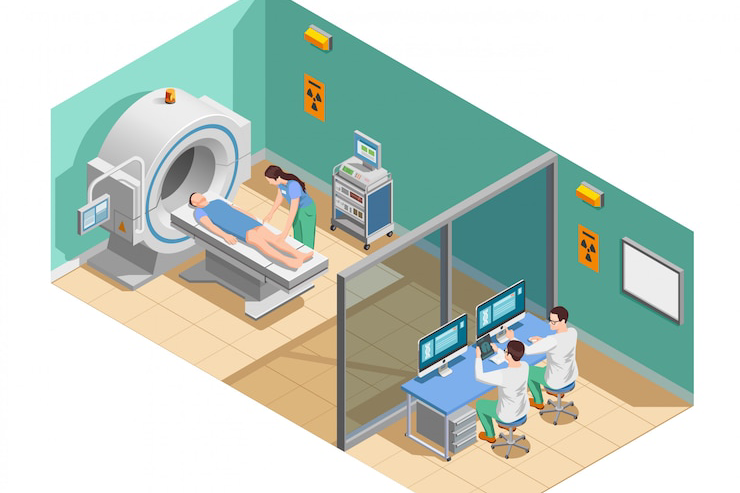Understanding Gastritis: Causes, Symptoms, and Effective Treatment Options
Gastritis is a common gastrointestinal condition that affects millions of people worldwide. Characterized by the inflammation of the stomach lining,
it can lead to a wide range of symptoms, from mild discomfort to severe pain. At ITM Hospital, we aim to spread awareness about gastrointestinal health.
This article explores the causes, symptoms, and treatment options for gastritis while offering tips for prevention—empowering you to take control of your digestive health.
What is Gastritis?
Gastritis refers to the inflammation, irritation, or erosion of the stomach lining. This condition can be acute, occurring suddenly, or chronic, developing slowly over time.
If left untreated, chronic gastritis can lead to more serious issues such as ulcers or even stomach cancer in rare cases.
Common Causes of Gastritis
Gastritis can result from a variety of causes, some of which include:
Infection with Helicobacter pylori (H. pylori): This is one of the most common causes of chronic gastritis. The bacteria can weaken the protective mucous lining of the stomach.
Excessive use of NSAIDs: Long-term use of nonsteroidal anti-inflammatory drugs such as aspirin or ibuprofen can irritate the stomach lining.
Excessive alcohol consumption: Alcohol can erode the stomach lining and lead to inflammation.
Stress: Severe stress due to major surgery, injury, or illness can cause acute gastritis.
Autoimmune conditions: In some cases, the body’s immune system mistakenly attacks the stomach lining.
Bile reflux: This occurs when bile flows into the stomach from the bile tract, causing irritation.
Spicy or acidic foods: While not primary causes, they can aggravate existing gastritis.
Signs and Symptoms of Gastritis
The symptoms of gastritis can vary depending on the individual and the severity of the condition. Common symptoms include:
Burning sensation or pain in the upper abdomen
Nausea or vomiting
Loss of appetite
Bloating or feeling full quickly
Indigestion or upset stomach
Dark stools (a sign of internal bleeding in more severe cases)
Vomiting blood or material that looks like coffee grounds
If you are experiencing persistent stomach discomfort, it's important to seek medical attention for accurate diagnosis and treatment.
Diagnosing Gastritis
At ITM Hospital, we use a combination of clinical evaluation and diagnostic tests to confirm gastritis. Common diagnostic methods include:
Physical examination and medical history
Blood tests: To check for anemia or H. pylori infection
Stool tests: To detect bleeding or H. pylori bacteria
Upper endoscopy: A thin tube with a camera is inserted through the mouth to view the stomach lining
Biopsy: A small tissue sample may be taken during endoscopy to check for inflammation or infection or for RUT to detect H Pylori
Treatment Options for Gastritis
The treatment for gastritis depends on the underlying cause. Some common treatment options include:
1. Medications
Antibiotics: For H. pylori infection
Proton pump inhibitors (PPIs): Reduce stomach acid to promote healing
H2 blockers: Lower the amount of acid the stomach produces
Antacids: Provide quick relief from stomach pain and discomfort
Cytoprotective agents: Help protect the stomach lining
2. Lifestyle and Dietary Changes
Avoid spicy, acidic, and fried foods
Eat smaller, more frequent meals
Avoid alcohol and tobacco
Manage stress through yoga, meditation, or therapy
3. Follow-Up Care
Regular follow-ups and possible repeat endoscopies may be recommended, especially in chronic or complicated cases.
Preventing Gastritis
Prevention is always better than cure. Here are some simple steps you can take to lower your risk of developing gastritis:
- Maintain a healthy diet: Focus on fresh fruits, vegetables, and whole grains.
- Limit NSAID use: Only take pain relievers when necessary and under medical supervision.
- Avoid alcohol and smoking: Both can damage the stomach lining.
- Practice good hygiene: Wash your hands often to prevent H. pylori infection.
- Reduce stress: Incorporate relaxation techniques into your daily routine.
When to See a Doctor
If you are experiencing persistent abdominal pain, nausea, or notice blood in your stool or vomit, do not ignore these symptoms.
Timely diagnosis and treatment can prevent complications and ensure a quick recovery.




